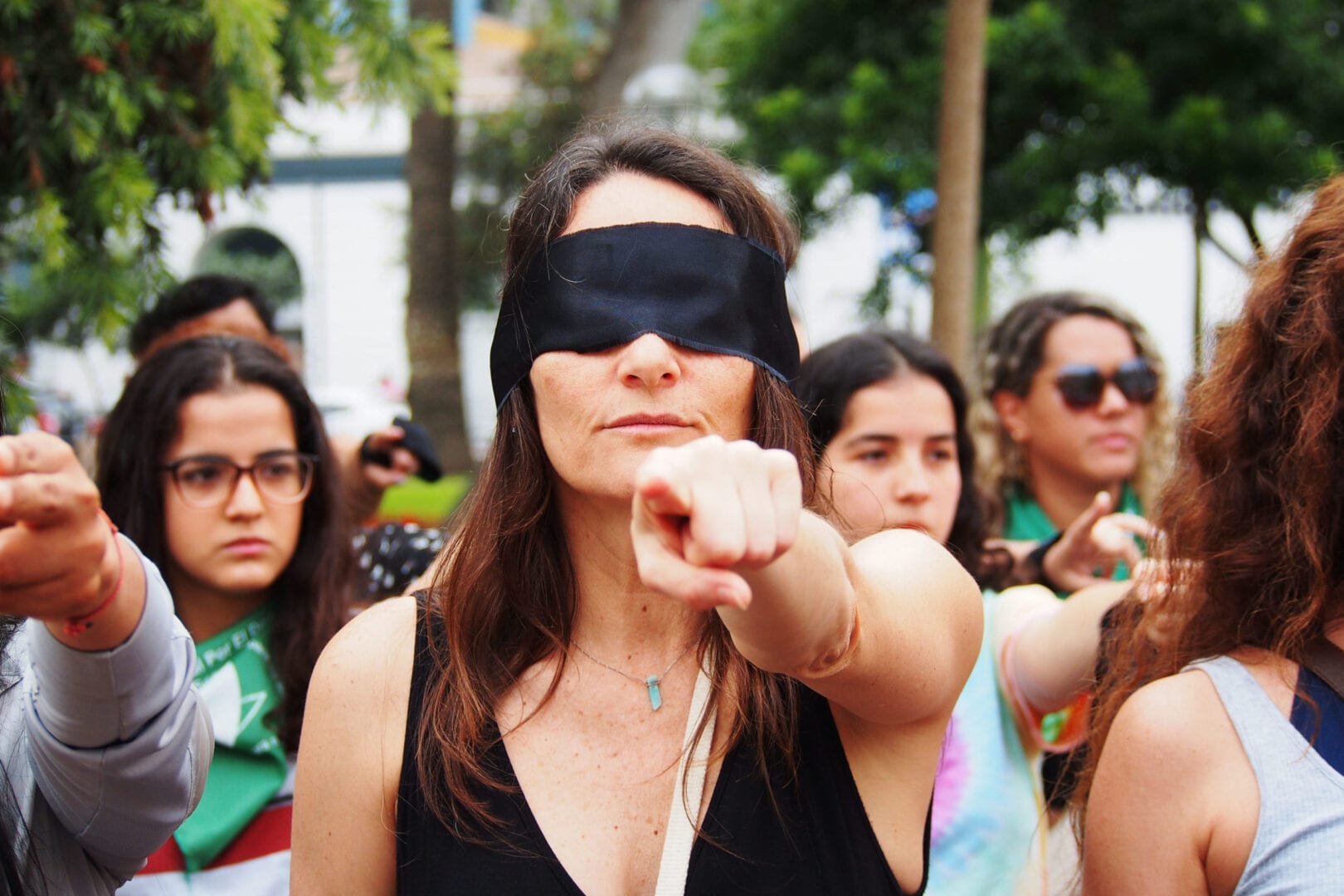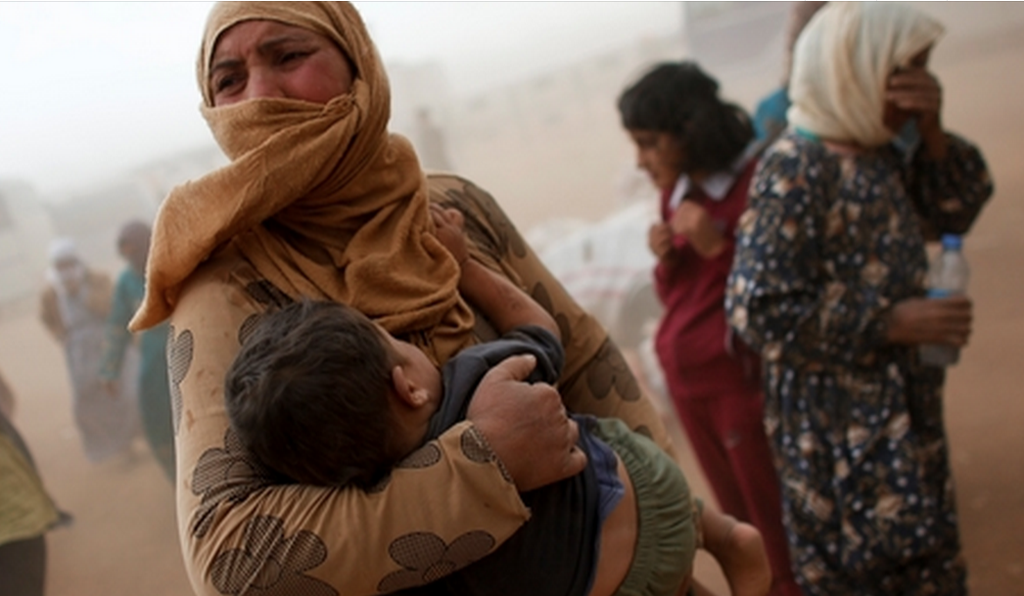The following information is based on the Amnesty International Report 2021/22. This report documented the human rights situation in 149 countries in 2021, as well as providing global and regional analysis. It presents Amnesty International’s concerns and calls for action to governments and others.
PUERTO RICO 2021
The government declared a state of emergency on domestic violence. The authorities repressed the right to protest of environmental defenders. Child poverty increased. The legislature presented bills that, if passed, would result in violations of the rights of LGBTI people.
Children’s rights
The Administration for the Comprehensive Care and Development of Childhood in Puerto Rico released a report in March noting that child poverty had increased by 62.7% during the previous two years, largely due to the 2017 hurricane season and the Covid-19 pandemic. In the first nine months of 2021, the government received 10,390 complaints of child abuse, an increase of 3,167 cases in comparison to the same period the previous year. By November child abuse referrals had risen to 12,109.
Right to housing
In August, a study by Ayuda Legal Puerto Rico reported that, almost four years after the devastation of hurricanes Irma and María, housing had yet to be repaired and people were still living in homes with temporary tarpaulin roofs (blue tarps). According to a separate report on the Action Plan for Mitigation Funds, between 15,000 and 18,000 properties still had blue tarp roofing. According to official data, 1,640 houses had been repaired or reconstructed.
According to data from the Court Administration Office, by August there had been 676 eviction cases on the archipelago without any suitable alternative accommodation offered.
Violence against women and girls
In January, the Governor declared a state of emergency on gender-based violence and ordered measures to prevent and eradicate it. By May, 511 cases of domestic violence had been filed, a sharp increase compared to the same period in 2020. In September, the Governor signed Law 40, which recognizes and establishes criteria for classifying certain homicides as femicides and trans femicides. During the year, there were 53 gender-based killings of women, a decrease of seven cases compared to 2020, according to Gender Equality Observatory, a civil society organization.
Sexual and reproductive rights
None of the seven bills discussed that could limit the right to abortion had been approved by the end of the year. Authorities approved an educational curriculum that introduces the concept of a gender perspective; it was due to be taught in schools beginning in 2022. There were protests against the curriculum’s implementation.
Failure to tackle climate crisis
The government invested resources in creating the Committee of Experts and Advisers on Climate Change to help define public policy on climate change. The Department of Natural Resources issued several construction permits, allegedly by means of procedural irregularities, that threaten marine and coastal systems as well as putting lives at risk due to rising sea levels and risks of hurricanes. The legislature considered pushing forward a law that could eventually limit excessive construction in Puerto Rican coastal areas.
Excessive use of force
The Office of the Federal Police Monitor published a report in March which concluded that various police units had not complied with the requirements of the Police Reform of 2013 in relation to use of force and internal procedures.
In June, a report by the NGO Kilómetro 0 stated that at least 23 people had died as a result of police violence in the previous two years.
Freedom of assembly
In September, the American Civil Liberties Union denounced civil rights violations against environmental defenders. The police department sought to repress protests, including by deploying the security forces and arbitrarily detaining environmental defenders.
LGBTI people’s rights
In June, the Federal Bureau of Investigation arrested three men linked to the death of Alexa, a transgender woman killed in 2020. In July, human rights defenders denounced targeted operations by municipal police against establishments frequented by LGBTI people. In August, the federal government ordered the protection of students with transgender and other sexual identities in schools. The legislature presented several bills that threatened the dignity and rights of LGBTI people by prohibiting hormonal treatments and banning trans athletes in female sports; none had been approved by the end of the year. A bill seeking to prohibit conversion therapies was defeated in the Senate. At the end of the year, a bill was before the Senate to create a Bill of Rights for LGBTI people.




